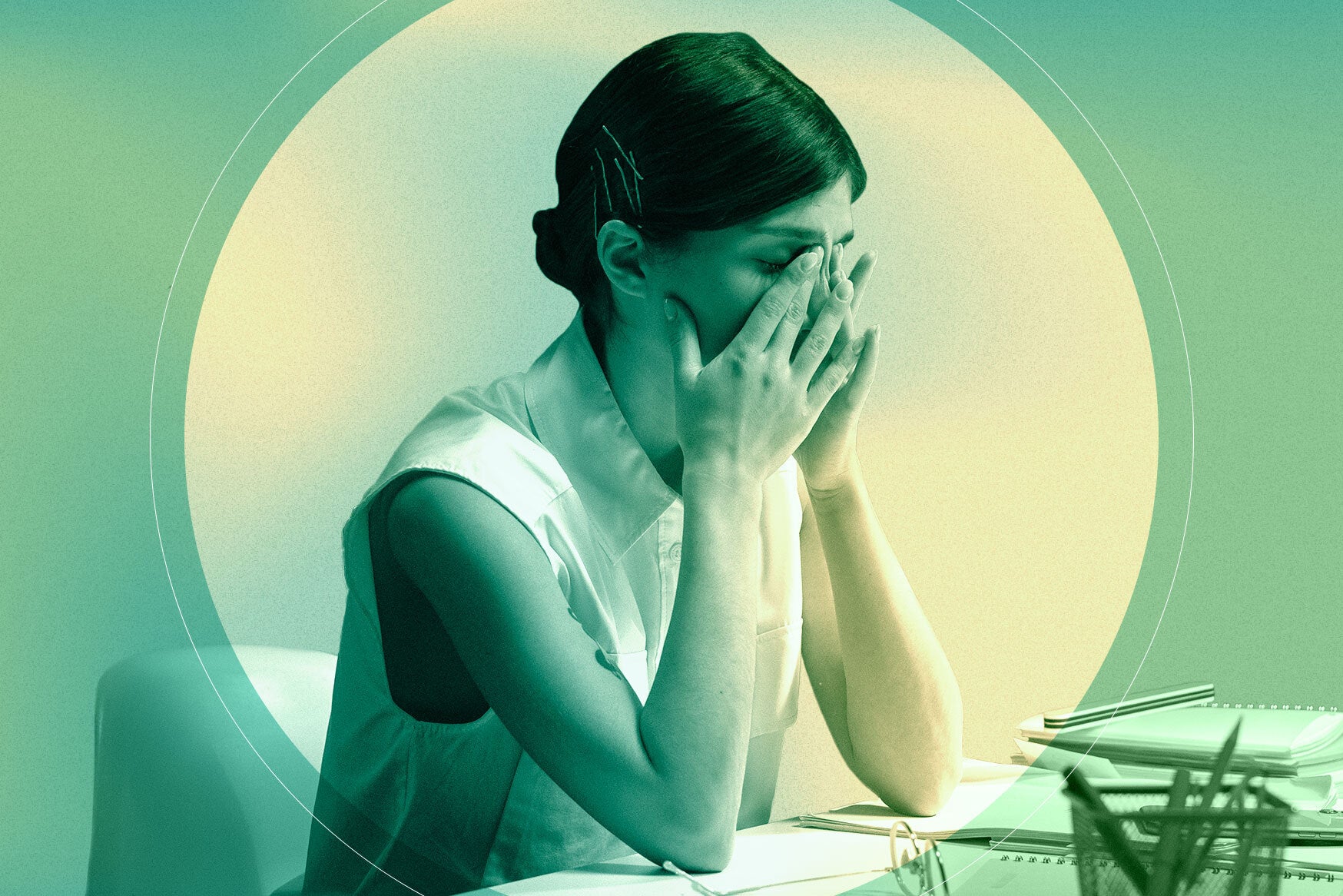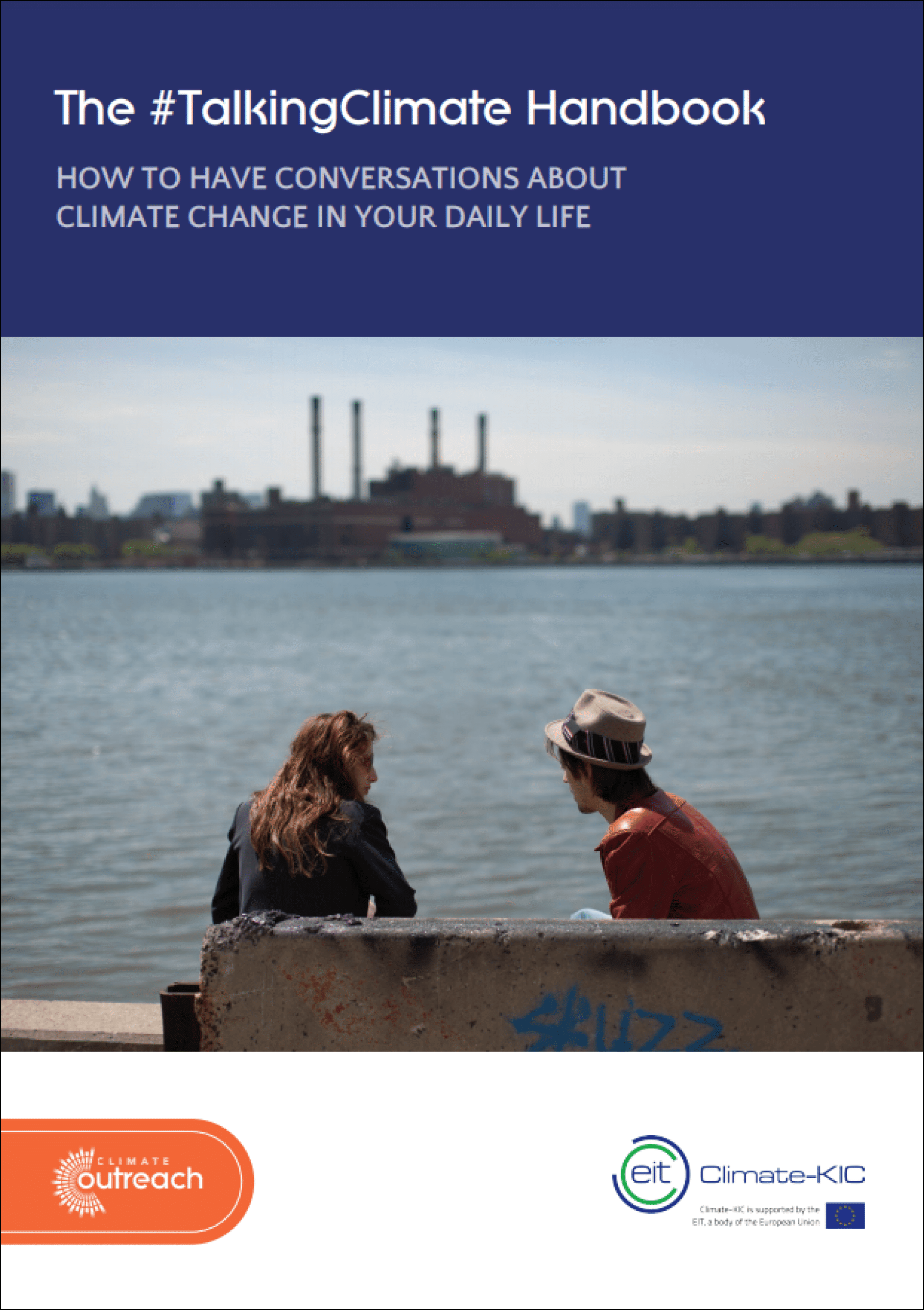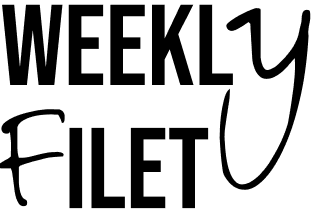Special Delivery: A climate issue
Guest curated by Prof. Kimberly Nicholas, sustainability scientist.
This week, it's my pleasure to have Kimberly Nicholas as my guest, a sustainability scientist and author of one of my favourite books on the climate crisis. She shares five recommendations on how to cope with the climate crisis and how to take action.
Prof. Kimberly Nicholas is a sustainability scientist at Lund University in Sweden. She’s known for the most succinct description of the state of the planet: «It's warming, it's us, we're sure, it's bad, we can fix it!». She’s the author of Under The Sky We Make. I’d say it’s the perfect book for anyone who’s still figuring out their role in this crisis (who isn’t?). If you’d like to follow her work and get monthly inspiration, subscribe to her newsletter We Can Fix It.
These following recommendations are exactly what I had hoped for when I asked her if she would guest curate a Weekly Filet. So, without further ado...

1. What if I never change?
«The times are urgent; let us slow down.» I often think about this saying I first heard from Dr. Bayo Akomolafe. With the carbon clock relentlessly ticking, how do we use our limited time well to help stop climate breakdown? I found a lot of wisdom in this conversation between Jocelyn K. Glei and Oliver Burkeman on the Hurry Slowly podcast. I love the calm, reflective approach Glei takes to finding creativity and meaning in work, and Burkeman’s insights on what mortality can teach us about using time well, drawn from his book Four Thousand Weeks: Time Management for Mortals. It’s been surprisingly liberating to try to befriend the idea of never getting through my to-do list (and satisfying to write a «Done List» of what I actually completed instead), and work on tolerating the discomfort of my limitations to focus on what really matters. (For my favorite quotes from the book, see my Goodreads highlights.)

2. Burnout is real. Here’s how to spot it—and recover.
Burnout is everywhere, but before I read this article by Isobel Whitcomb in Popular Science, I didn’t know exactly what it is. I learned burnout is always derived from work (unlike depression), and it’s a combination of three things: exhaustion, loss of idealism, and feeling you’re bad at what you do (ugh). Six factors prevent burnout: manageable workload; autonomy, fairness, and reward for work; a strong workplace community; and alignment with your values to provide meaning. I like the idea that even if you’re not burned out, you can work on improving these six points to reverse-engineer more meaningful work.

New here? Join thousands of curious minds.
Sign up for the Weekly Filet newsletter to get a selection of great things to read, watch, listen to every Friday. Learn more.
3. Resources for working with climate emotions
To solve climate change, we need to tap into the strength of our feelings. Increasing our personal and community resilience is a key life skill for a warming world. But many people are struggling with navigating All the Climate Feels, like anxiety, grief, and anger. I always learn something insightful and applicable from reading Gen Dread, Dr. Britt Wray’s newsletter about staying sane in the climate and wider ecological crisis. A great place to start is her post on working with climate emotions, a collaboration with the All We Can Save Project.

4. Business air travel and climate: changing behaviors before, during, and beyond the covid-19 pandemic
I’m a former frequent flyer. I started my flying less journey in 2012, when I could no longer reconcile my climate work and values with the fact that my climate pollution from flying alone used up ten years of my sustainable carbon budget. To get started on flying less, I appreciate this practical guide to changing behaviors around business flying from World Resources Institute, based on behavioral science and their insights from reducing flights 92% during the pandemic. They have advice on how to make virtual easy, use both norms and policies, and lead from the top. For more resources and inspiration, see the flying less resource guide edited by Ryan Katz-Rosene and colleagues (and our research on cultural change around leisure flying).
5. Talking climate handbook – how to have a climate change conversation
Most people worry about climate change, but rarely or never talk about it. Climate conversations can feel tricky, which is why I really appreciate this practical, research-based Talking Climate Handbook from Climate Outreach on how to have climate conversations in your daily life. Their advice is based on principles like respect, deep listening, and sharing your own authentic climate story, which will help create conversations based on genuine connection that provide enjoyment and learning. They offer sample questions, phrases and ideas to help you kindle these conversations with friends and family.

🙋♂️ It's me again, David. Thanks, Kimberly, for sharing. Before you go: Make sure to sign up to her monthly newsletter on facing the climate crisis with facts, feelings, and action: We Can Fix It. If you'd like to connect with her, you can find her on Twitter, Instagram, and LinkedIn.
Who would like to see as a guest curator in the future? Tell me!
I hope to see you again next Friday with the next (regular) issue of the Weekly Filet.
— David 👋




